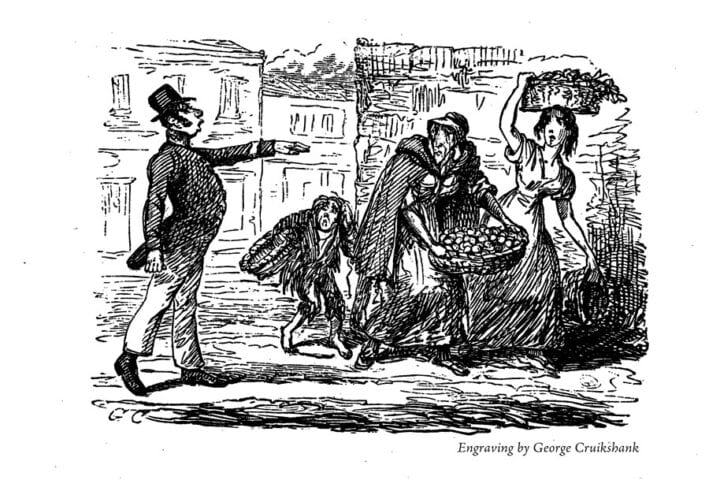Books Reviewed
With The Rebel’s Clinic: The Revolutionary Lives of Frantz Fanon, Adam Shatz, U.S. editor of the London Review of Books, has written a generally excellent biography—already named a best book of the year by The New York Times and The New Yorker—though sometimes he is a little naïve or even wrongheaded.
Frantz Fanon was born into the middle class in Martinique, in the French West Indies; joined the Free French forces during World War II; fought bravely and was wounded in battle; and was awarded the Croix de Guerre, which General Raoul Salan—later to lead a rebellion against Charles de Gaulle in an effort to keep Algeria French—pinned to his chest. After the war, Fanon studied medicine in Lyon, specializing in psychiatry, and was appointed at a very early age director of a psychiatric hospital in Algeria, then still under French rule. As he had already published his first book, Black Skin, White Masks (1952), this suggests that the authorities were either more broadminded than one might have expected, or contemptuous of both the psychiatric hospital and his literary efforts, dismissing them as resentful adolescent vaporings out of which he would no doubt mature. But Fanon’s resentments were lasting and would never heal.
His experiences taught him that France’s pretensions to liberty, equality, and fraternity




